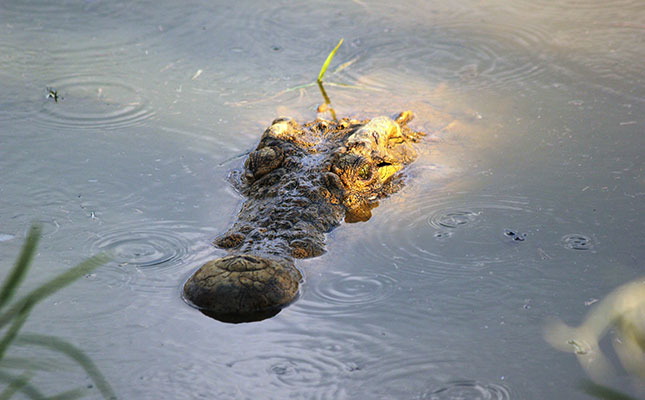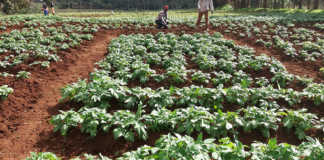
Photo: The Zambian Crocodile Farmers’ Association
Representatives of Zambia’s commercial crocodile farming sector have reportedly pleaded with that country’s government to abolish the 10% duty that was introduced on crocodile skin exports in January 2019.
Johann Jordan, chairperson of the Zambian Crocodile Farmers’ Association (ZCFA), said in a statement that if the export tax was not repealed soon, commercial crocodile farming in Zambia faced imminent collapse.
“Since the export duty was introduced, crocodile farmers have paid US$350 000 [about R5,05 million] on skins exported, and this has sucked all the liquidity from the industry. Zambian crocodile skins are prized the world over for [use in] high-end footwear, handbags and garments, but now some US$1,3 million [R18,8 million] worth of crocodile skins are sitting in cold storage because farmers cannot raise the money upfront to pay the tax.”
Jordan explained that Zambia’s commercial crocodile farming sector had already been struggling financially before the 10% export tax was implemented, and said production was on a downward trend.
Information provided by the association said that while Zambia had exported just over 60 400 crocodile skins in 2015, this had dropped to almost 31 700 in 2018. The number of crocodile skins exported in 2019 was expected to be around 22 000.
“There are more than 600 jobs at risk, mainly in rural areas. Bearing in mind that it takes about four years to establish a crocodile farm, the chance of any resurrection of the industry once [it has] collapsed is unlikely. Engagements between [the association] and [Zambia’s] Ministry of Finance since January 2019 have not resulted in the tax being reviewed.”
According to Jordan, Zambia’s crocodile farming sector was an important foreign exchange earner.
“It is an industry that should be attractive for long-term growth and not [for] short-term fiscal gain,” he said.













